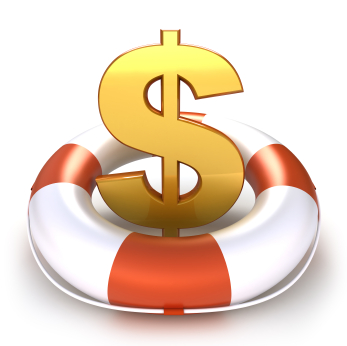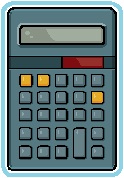Apparently the saying “save for a rainy day” began in England at a time in the 16th century when they didn’t have much rain for a while.
During that age, people saved water in rain barrels and when it didn’t rain and your barrel was empty, you were in a world of hurt. Those who had saved more rain water were better off than those who saved just barely enough.
This saying has since become used for those times in your lives when you need extra cash. Rainy Day accounts can help you avoid debt when you have an emergency. Instead of having to throw an emergency on a credit card, a rainy day savings account will help you to pay these bills without costing you more in interest.
When Would You Use a Rainy Day Savings Account?
Just like those frugal people who had more water barrels saved, you need to open a rainy day savings account. Some reasons to save for a rainy day now are for natural disaster, medical emergency, emergency auto repair, emergency insurance costs, or when you lose your job. This fund should not be used except for real emergencies. In order to keep from tapping into this account when you really don’t need to do so, keep this account separate from your other savings accounts.
How do I keep My Accounts Separate?
One way to keep your accounts separate is to open your rainy day savings account on online. You will find that online banks offer higher rates than traditional branch-only banks. The good news is that these online banks are really just online divisions of well established banks such as FNBO Direct (the online division of First National Bank of Omaha), HSBC Direct (online division of HSBC – a world wide bank), ING Direct, etc.
How Much Should I Save For a Rainy Day?
Most people will not open a rainy day savings account even when they think or talk about doing it. It is hard to save unless you really believe this will help you. When you are in debt it is hard to see how just putting away a small amount each month will add up to a large amount in a few years. Some banks make saving easier by letting you sign up for a specific amount to be taken out of your account each month. However, just saving $40 a month at 3% interest will add up to $487.87 the first year. This will gain momentum with each year.
In fact, if you completely forgot about this recurring transaction, in 10 years you would have earned a whopping $804 in interest and your account total would now be $5,603.50. I bet you can’t tell me where $40 a month has gone for the last 10 years because little chunks of money like $40 just seems to disappear on odds and ends.
Now imagine you could increase your monthly savings to $400 a month. Your interest in ten years would be $8,036 and your account total would be $56,036.33.
My friend Heather has been automatically saving $400 a month for 4 years now and she told me her secret: she made her brother login to her account and change the password so that she can’t take money out unless she has a real emergency (which she clearly defined with her brother beforehand).
Now, obviously, you’ll need to have a person you can really trust to manage your account.
Online Calculators Help You Know How Much You Have
There are online calculators to help you determine just how much of the medical, auto, insurance and other emergencies you need to save for.
